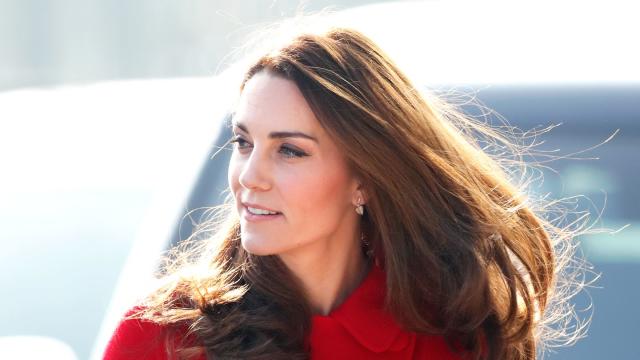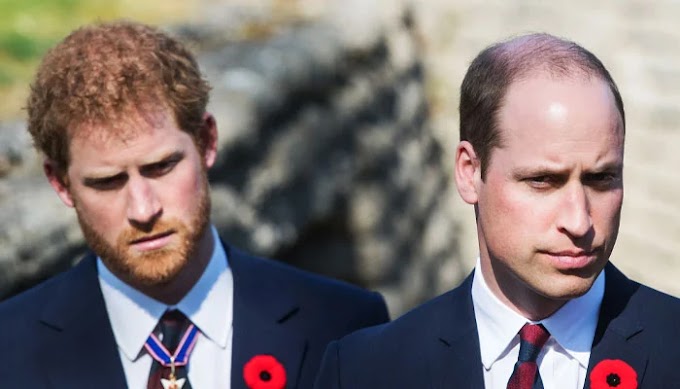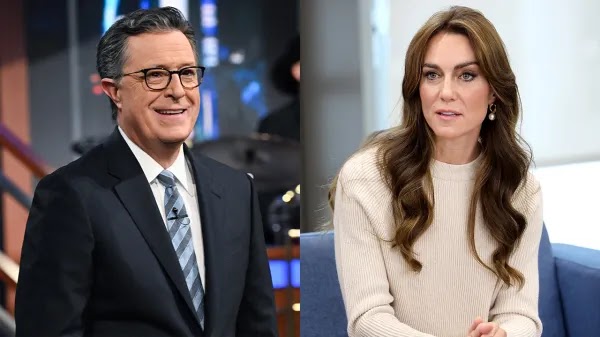Controversy swirled around the belief that these earrings, symbolizing her living son Archie, were perhaps not entirely appropriate for a daytime event like World Mental Health Day. Critics found it socially insensitive for her to wear birthstone jewelry representing her living child while meeting with grieving parents, perceiving it as a lack of respect and seriousness on her part. What left observers puzzled was Meghan's choice to wear earrings symbolizing Archie but not Lily, their second child, sparking discussions about the concept of an "invisible birthstone," serving as a remembrance and a mark of respect for a child who is not physically present.
Meghan's decision to name her daughter "Lilibet" also stirred speculation, with some viewing it as having strategic political implications rather than being a name chosen out of personal preference. Additionally, there were speculations that Meghan's choice of jewelry might have been in response to Catherine, the Duchess of Cambridge, wearing earrings gifted by a mother in memory of her daughter Izzy, who tragically took her own life.
The ongoing promotion of Harry and Meghan as working royals, particularly by UK tabloids, appeared to overshadow and outshine the genuine work of the broader royal family. This situation led to frustration among those who felt it diminished the efforts of the rest of the royal family. It's important to remember that Harry and Meghan voluntarily stepped away from their UK roles and duties, a fact that the British press occasionally overlooks.
The continuous promotion of the Sussexes as working royals, despite not being part of the official royal setup, has caused frustration among those who believe it diminishes the efforts of the broader royal family.











